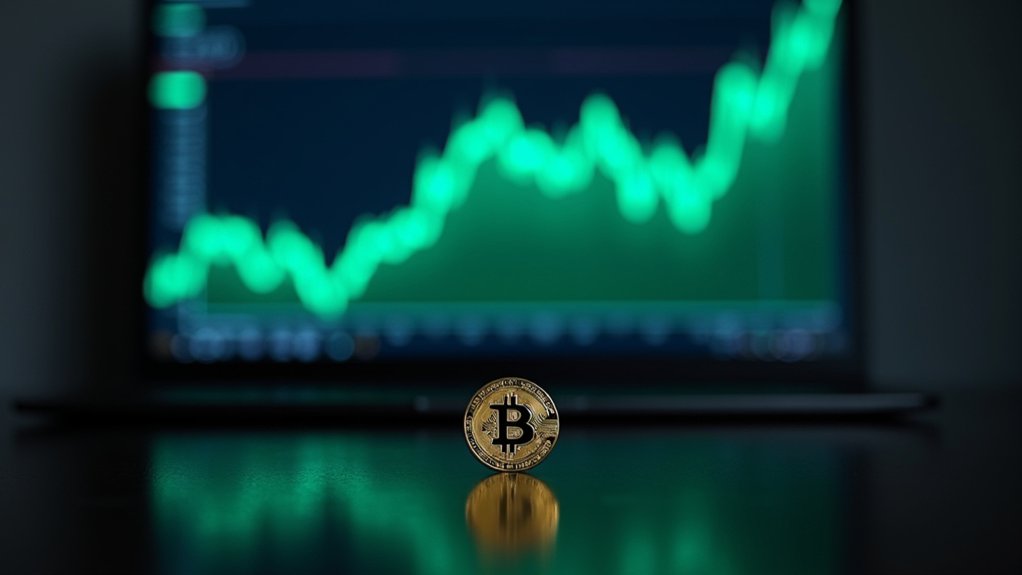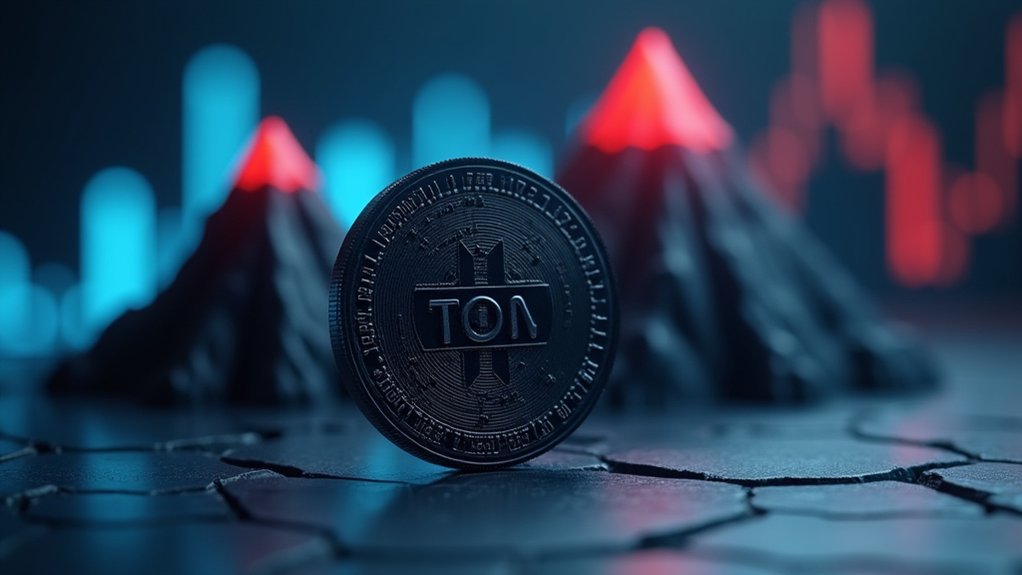Although the Hang Seng Index galloped past the 24,000 mark on the back of renewed optimism surrounding U.S.-China trade negotiations, Bitcoin’s stubborn stagnation exposes a glaring disconnect between traditional equities buoyed by geopolitical hope and the crypto market’s own erratic logic, underscoring that blind faith in trade talk cheerleading fails to translate into uniform investor confidence across asset classes. The Hang Seng’s rally, fueled by a cocktail of improved trade relations and China’s fiscal maneuvering, showcases how conventional markets can still respond predictably to geopolitical developments, unlike the crypto sphere, which remains a playground of unpredictable forces. This is particularly notable given China’s aim to increase the budget deficit to 4% of GDP in 2025 to stimulate economic activity amid external pressures, reflecting proactive fiscal policy measures.
Bitcoin’s faltering, in stark contrast, can be partly attributed to the persistent cloud of cryptocurrency regulation looming over its volatile landscape, injecting an unpredictable element that traditional equities, cushioned by state apparatus and clearer policy frameworks, often evade. Market volatility, far from being a mere byproduct of speculative trading, now reflects a deeper malaise: the crypto market’s susceptibility to regulatory crackdowns, inconsistent enforcement, and an investor base oscillating between euphoric risk-taking and panic-induced sell-offs. This erratic behavior reveals a market still struggling to mature, where enthusiasm is frequently tempered by systemic uncertainty. Both markets respond to overall global risk appetite, but crypto’s regulatory concerns amplify its unpredictability.
Moreover, the conventional wisdom that rising stock indices and cryptocurrencies move in tandem under rising risk appetite falters here, as Bitcoin’s muted response to positive trade developments starkly illustrates. While inflation data and monetary policies ripple through all financial sectors, cryptocurrencies remain ensnared in their own web of challenges, from regulatory scrutiny to intrinsic volatility, rendering them less reliable barometers of global economic sentiment. The crypto market’s disconnect serves as a cautionary tale: optimism alone cannot paper over fundamental structural weaknesses or regulatory ambiguity that continue to haunt digital assets.









